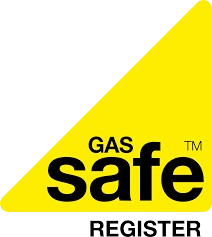Basement Plumbing
Basement plumbing refers to the plumbing system installed in a basement, which includes the pipes, valves, and fixtures that supply water and remove waste. Basements are typically located below ground level, which can pose unique challenges for plumbing installation and maintenance.
Basement plumbing may include the installation of a sump pump to prevent flooding, as well as a sewage ejector pump to remove waste from basement plumbing fixtures such as toilets, sinks, and showers. Additionally, a basement may have a water heater, washing machine, or other water-using appliances that require plumbing connections.


Common issues with basement plumbing can include leaks, clogs, and backups, which can cause water damage and health hazards if not addressed promptly. To prevent these issues, it’s important to properly maintain your basement plumbing system by cleaning your drains regularly, checking for leaks, and repairing any damage or malfunctions as soon as they are detected.
Our Commercial Plumbing is always guaranteed.
If you’re experiencing plumbing issues in your basement, it’s best to call a licensed plumber to assess the situation and make any necessary repairs. A professional plumber can help you identify the cause of the problem and ensure that your basement plumbing system is functioning properly and safely.
- We provide the most reasonable cost.
- Finish work before Deadline.
- The certified materials in a timely.
- Dedicated and skilled professional
- Offering all jobs guaranteed & neatly done
- You can schedule visit via emai


